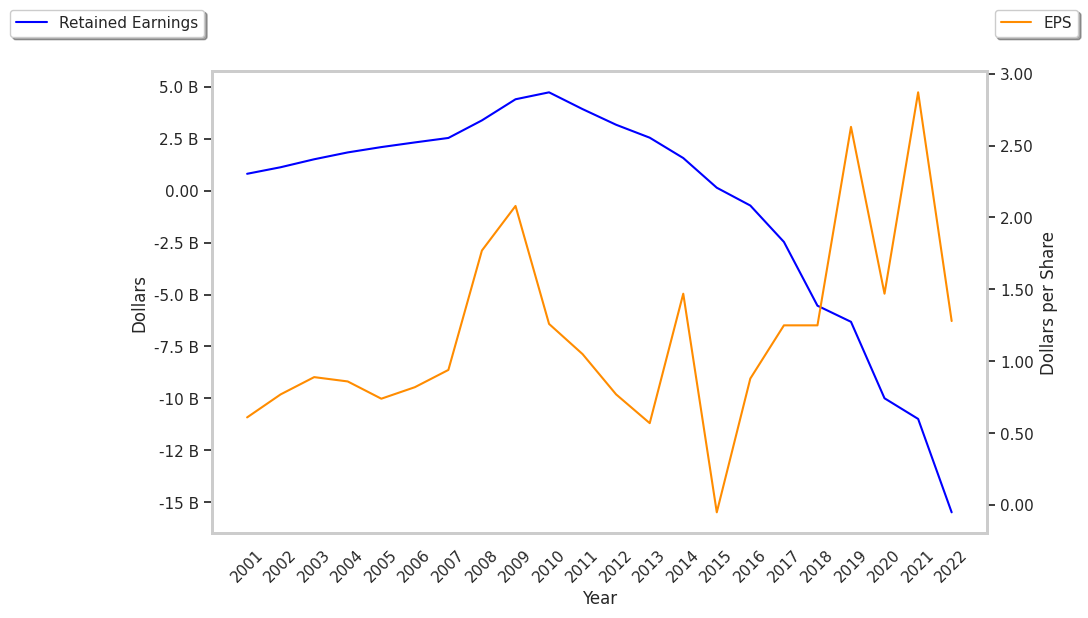Oil & Gas Transportation and Processing company Enbridge is taking Wall Street by surprise today, falling to $41.97 and marking a -3.2% change compared to the S&P 500, which moved -0.0%.
ENB currently sits within range of its analyst target price of $43.65, which implies that its price may remain stable for the near future.
Surprisingly, analysts give the stock an average rating of buy, which shows that they believe prices could continue to move. Over the last year, Enbridge shares have outstripped the S&P 500 by 25.5%, with a price change of 23.0%.
Enbridge Inc., together with its subsidiaries, operates as an energy infrastructure company. The company is classified within the energy sector. The stock prices of energy companies are highly correlated with geopolitics: economic crisis, war, commodity prices, and politics all have an effect on the industry. For this reason, energy companies tend to have high volatility -— meaning large and frequent price swings. As global energy supplies shift towards renewables, we may see a reduced correlation between energy prices and geopolitical events.
Enbridge's trailing 12 month P/E ratio is 25.4, based on its trailing EPS of $1.65. The company has a forward P/E ratio of 12.9 according to its forward EPS of $2.14 -- which is an estimate of what its earnings will look like in the next quarter. As of the third quarter of 2024, the average Price to Earnings (P/E) ratio for US energy companies is 13.62, and the S&P 500 has an average of 29.3. The P/E ratio consists in the stock's share price divided by its earnings per share (EPS), representing how much investors are willing to spend for each dollar of the company's earnings. Earnings are the company's revenues minus the cost of goods sold, overhead, and taxes.
When we subtract capital expenditures from operating cash flows, we are left with the company's free cash flow, which for Enbridge was $9.55 Billion as of its last annual report. Over the last 4 years, the company's average free cash flow has been $5.14 Billion and they've been growing at an average rate of 16.5%. With such strong cash flows, the company can not only re-invest in its business, it can afford to offer regular returns to its equity investors in the form of dividends. Over the last 12 months, investors in ENB have received an annualized dividend yield of 8.4% on their capital.
Value investors often analyze stocks through the lens of its Price to Book (P/B) Ratio (its share price divided by its book value). The book value refers to the present value of the company if the company were to sell off all of its assets and pay all of its debts today - a number whose value may differ significantly depending on the accounting method. Enbridge's P/B ratio indicates that the market value of the company exceeds its book value by a factor of 1.55, but is still below the average P/B ratio of the Energy sector, which stood at 1.86 as of the third quarter of 2024.
Since it has a higher P/E ratio than its sector average, an average P/B ratio, and generally positive cash flows with an upwards trend, Enbridge is likely undervalued at today's prices. The company has poor growth indicators because of an inflated PEG ratio and decent operating margins with a positive growth rate. We hope you enjoyed this overview of ENB's fundamentals. Be sure to check the numbers for yourself, especially focusing on their trends over the last few years.



